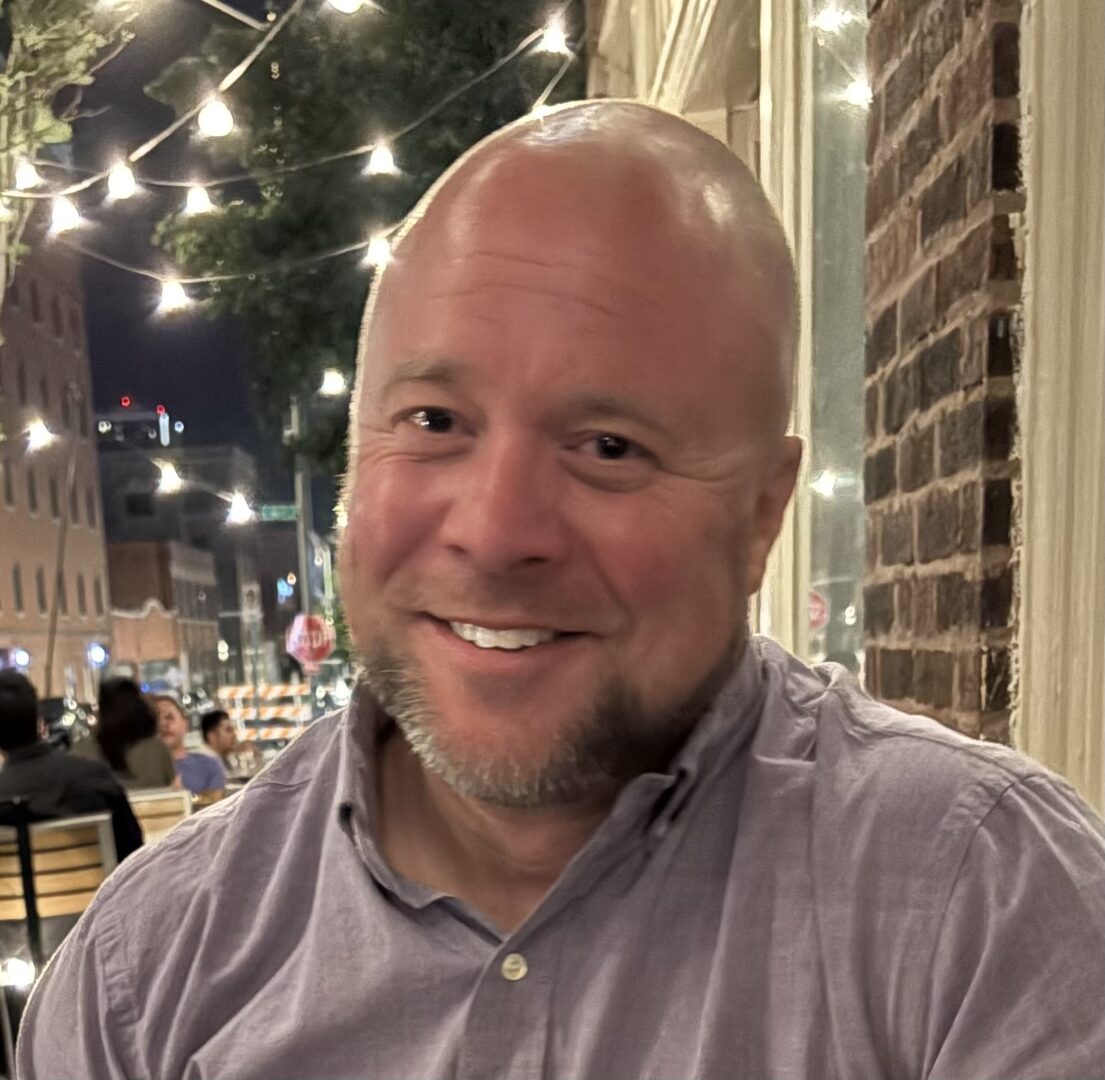We’re excited to introduce you to the always interesting and insightful Blake Lappan. We hope you’ll enjoy our conversation with Blake below.
Hi Blake, appreciate you sitting with us today to share your wisdom with our readers. So, let’s start with resilience – where do you get your resilience from?
I developed my resilience over time. Little experiences adding up, but by far the most common teacher and coach is failure. What I wish to share so that more people can see is that failure is the best professor, mentor, or coach one could ever ask for. The only issue with failure is the way that one perceives it. Either one of your people perceive it and communicate this perception to you, which comes with a high likelihood of creating an internal limiting belief for you. This is so dangerous because then the only issue becomes your own.
I have failed over and over, starting with not being a starter on a youth sports team all the way to bankruptcy in front of all of my peers and industry colleagues. When these things happen, we have a choice. Be open, honest and transparent about the fail, or try to justify it by any means necessary. I have chosen the first route on each, getting better and better at the transparent means by which I share. It is in this time that we learn that other people appreciate that and tend to trust and admire us more, shattering the belief that they will look down on us, or see us as less because of it.
Once you reach this point, you will see that is the only thing holding most back from the same resilience. Fear of reactions from people. Fear is nothing more than False. Evidence. Appearing. Real.
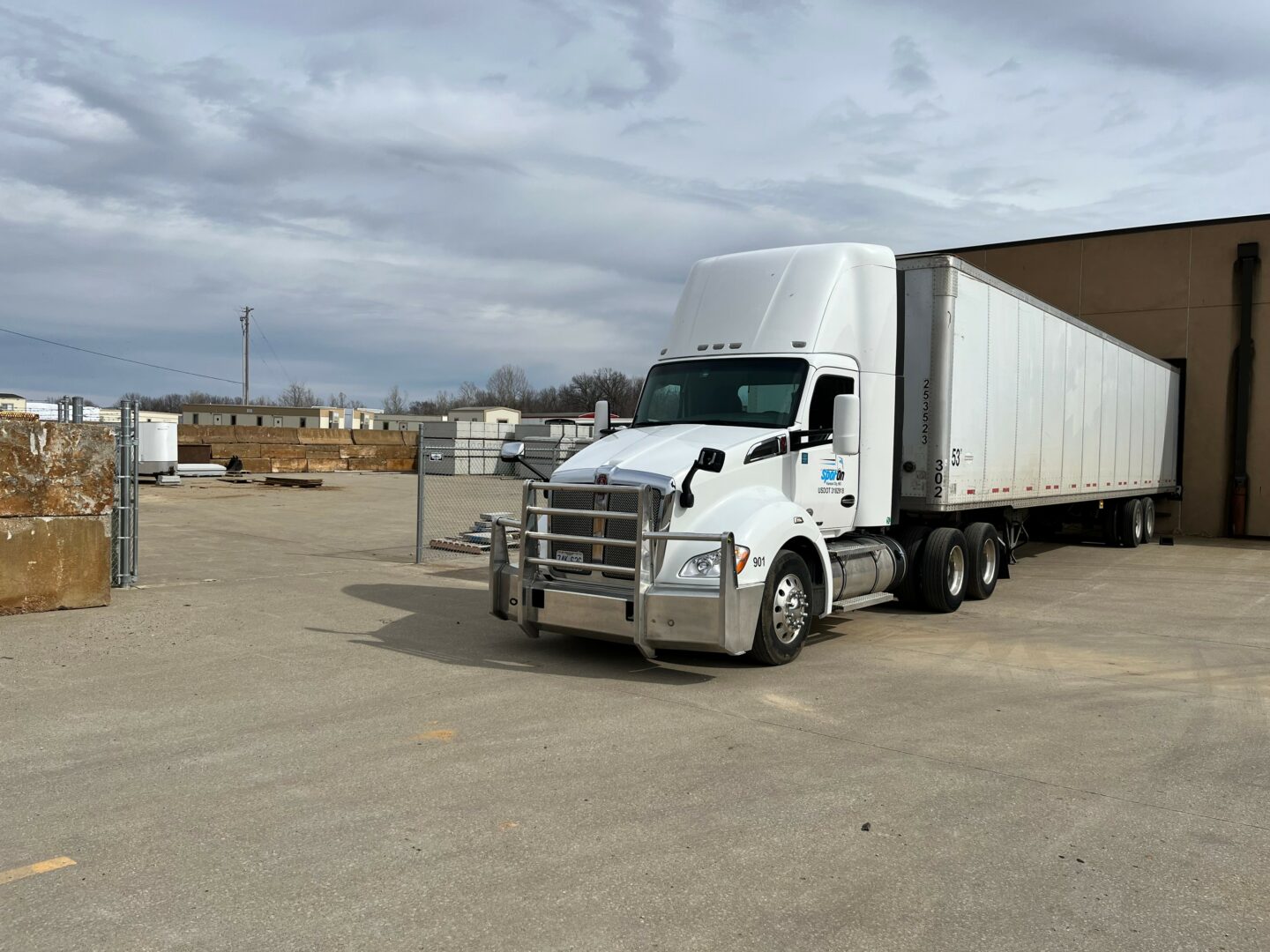
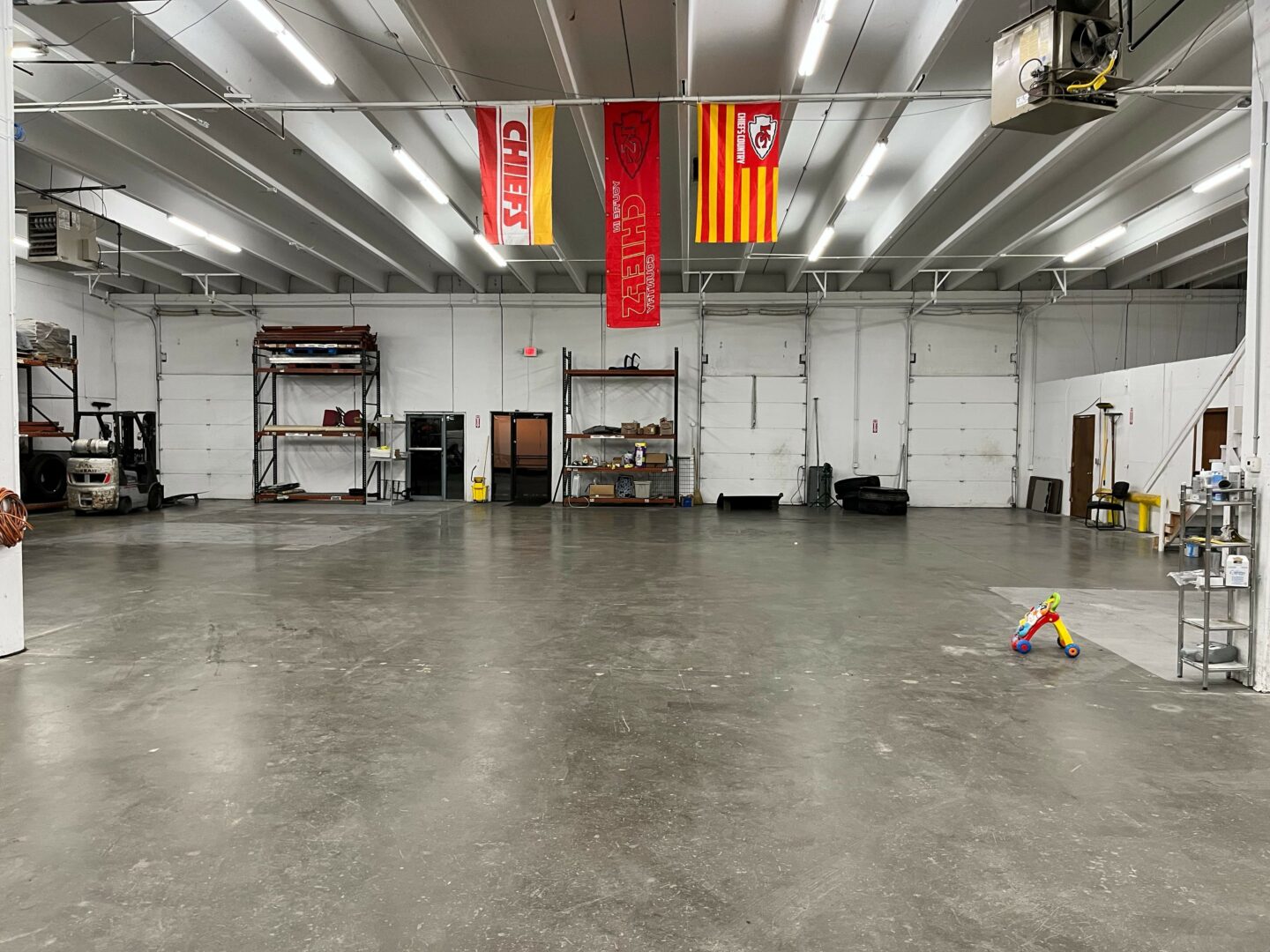
Thanks for sharing that. So, before we get any further into our conversation, can you tell our readers a bit about yourself and what you’re working on?
I’m Blake Lappan, founder and CEO of Spot On TMS LLC, a yard management and trucking company in Kansas City as well as NoDwell—a Kansas City–based technology and logistics company on a mission to eliminate wasted “dwell time” in trucking and warehousing. After more than two decades in the freight industry, I watched carriers and shippers alike lose hours—or even days—waiting at docks, negotiating schedules by phone and email, then scrambling when delays popped up. I knew there had to be a more transparent, predictable way to coordinate equipment and appointments, and that insight became the spark for NoDwell.
What excites me most about NoDwell is our holistic approach: we’re not just building a scheduling app or a yard-management dashboard, but an integrated marketplace where trucking companies, brokers, and shippers can book power units, cross-docking, transloading and short-term storage services on demand—almost like ordering a ride share. By combining fractionalized assets, real-time visibility and predictive ETA algorithms, we’re empowering both drivers and warehouse teams to plan their days with confidence rather than react to bottlenecks.
Since officially launching the MVP earlier this spring, we’ve onboarded a select group of pilot customers around Kansas City, run dozens of live “drop-and-hook” trials, and collected actionable feedback on pricing, UI flow and yard-spotter scheduling. We’re now gearing up to roll out the platform more broadly across our 300-mile radius, with a full public launch slated for Q3 2025. Alongside the software, our purple “NoDwell Mascot” (a dock-light character bursting through red to green) has become a fun rallying symbol for the entire team—and a conversation starter at industry events.
Looking ahead, we’re integrating open APIs so partners can plug in existing TMS or WMS systems, and we’ve begun conversations with several national 3PLs about piloting automated dock scheduling modules later this year. Personally, I’m thrilled to see how predictive analytics can reshape day-to-day operations and unlock tens of millions of dollars in freed-up capacity across the supply chain. If you’re curious to learn more—or to join our next round of beta testing—feel free to reach out. We’re just getting started!
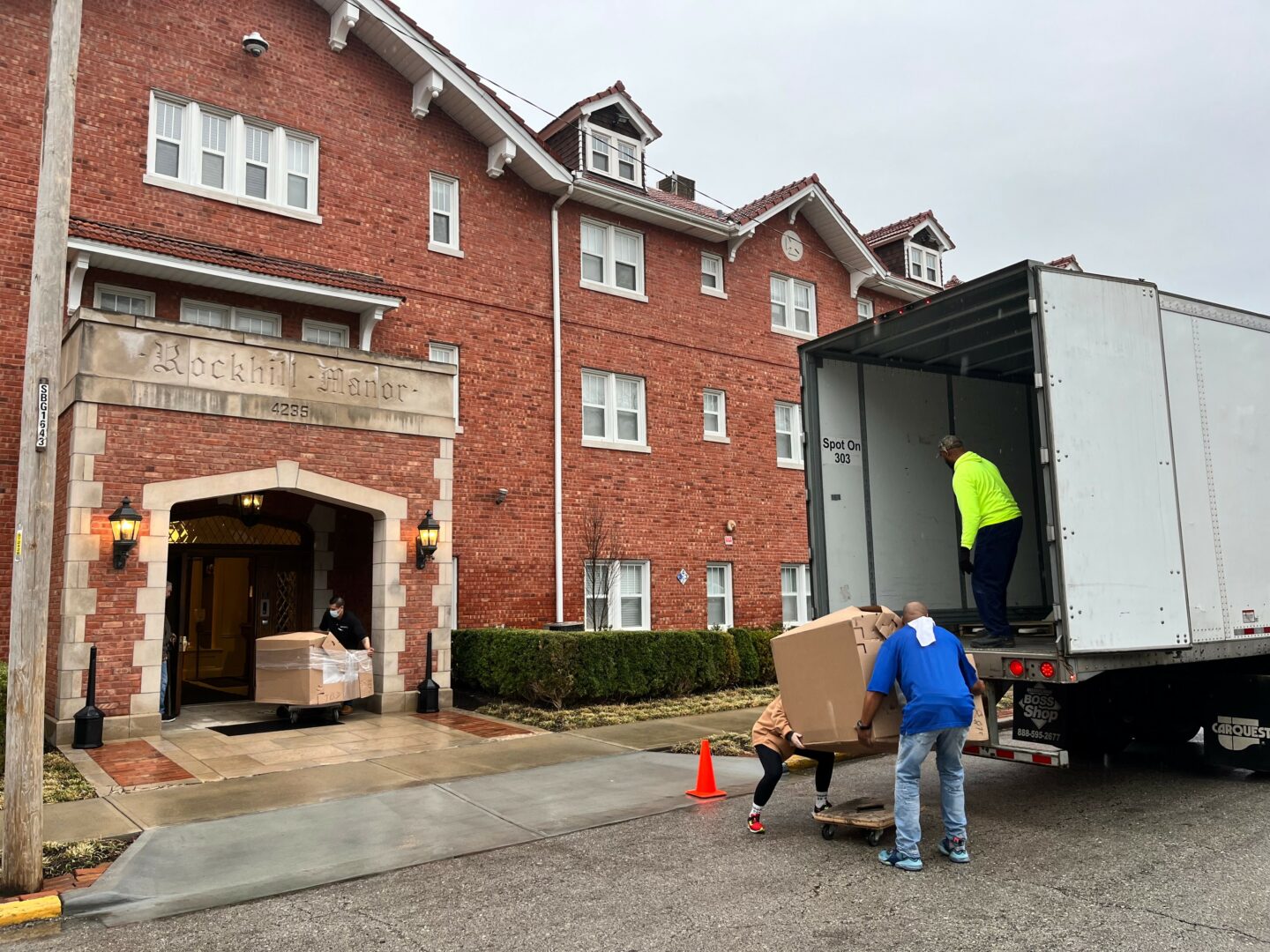
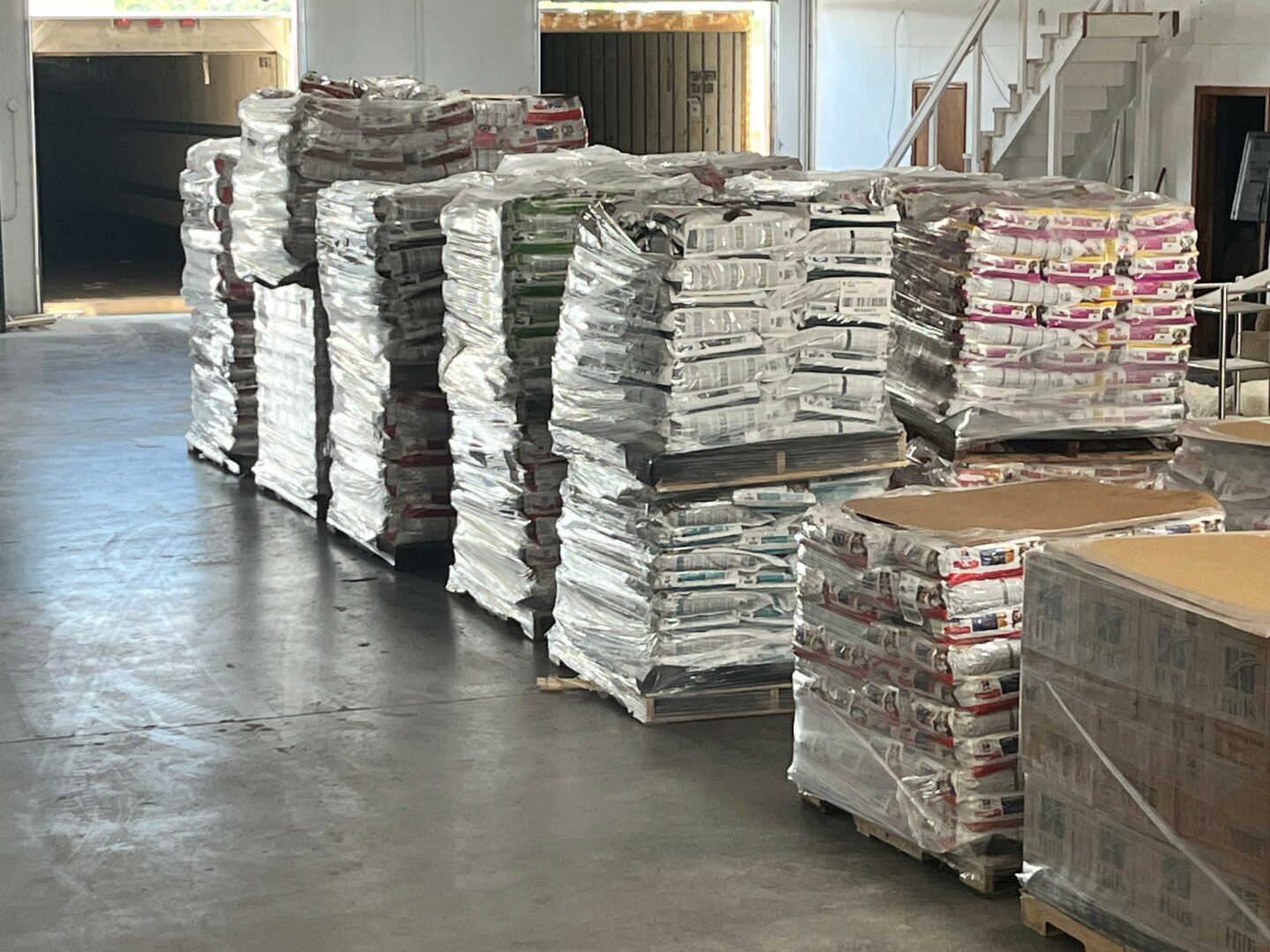
Looking back, what do you think were the three qualities, skills, or areas of knowledge that were most impactful in your journey? What advice do you have for folks who are early in their journey in terms of how they can best develop or improve on these?
This is tough to only pick three as I’ve learned dozens of very valuable lessons over the years to be sure. I would say being very intentional about learning things such as understanding the mind to become a better leader and coach, practicing emotional intelligence to lessen the burden of hard times and running the company with radical transparency via honesty and the highest integrity have provided the most fruit.
My advice is hard to sum up as well because it can be catered to each individual in order to narrow it down, however, some of the high level thoughts around this would be;
Be coachable – Not many people know all the things we assume they do, so it’s ok if we are that way too.
Understanding that fear is the basis of most inaction – F.E.A.R. = False Evidence Appearing Real.
Failure is eminent, and is also the best professor on the planet hands down. Thus failure is ok. Take the lessons and move on, applying them where necessary.
Eliminate limiting beliefs(this takes a LOT of practice) – Thinking you know an outcome before it happens is very dangerous and holds many people back as their assumed outcome most often stops action.
Just GO. Waiting for the right moment has most paralyzed.
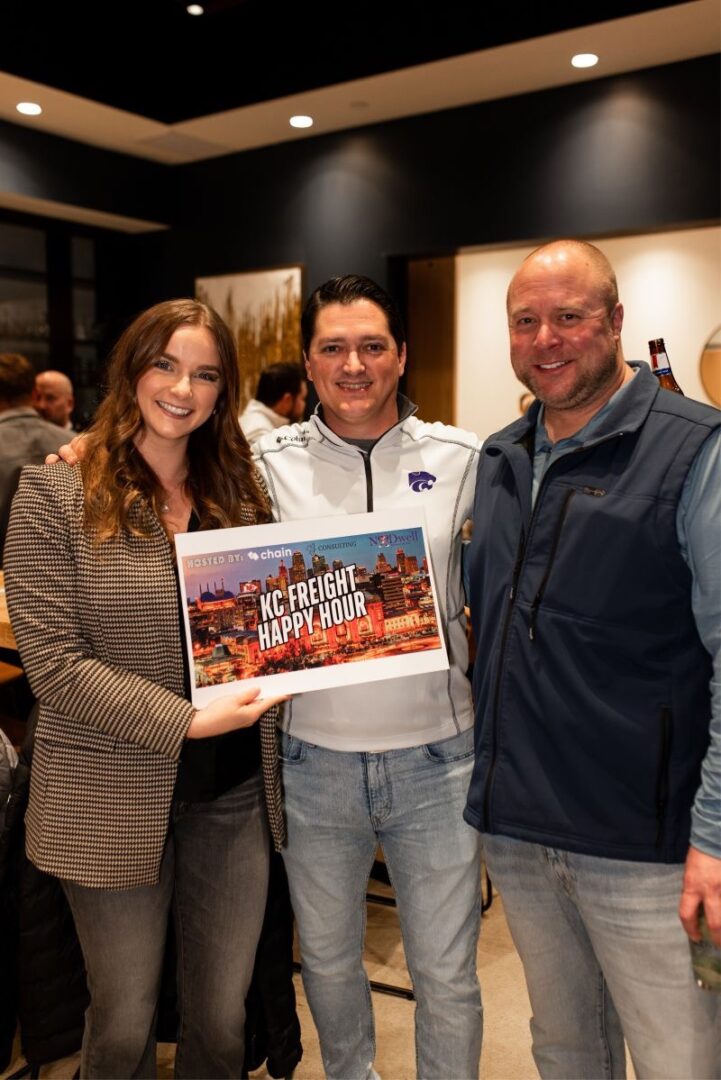
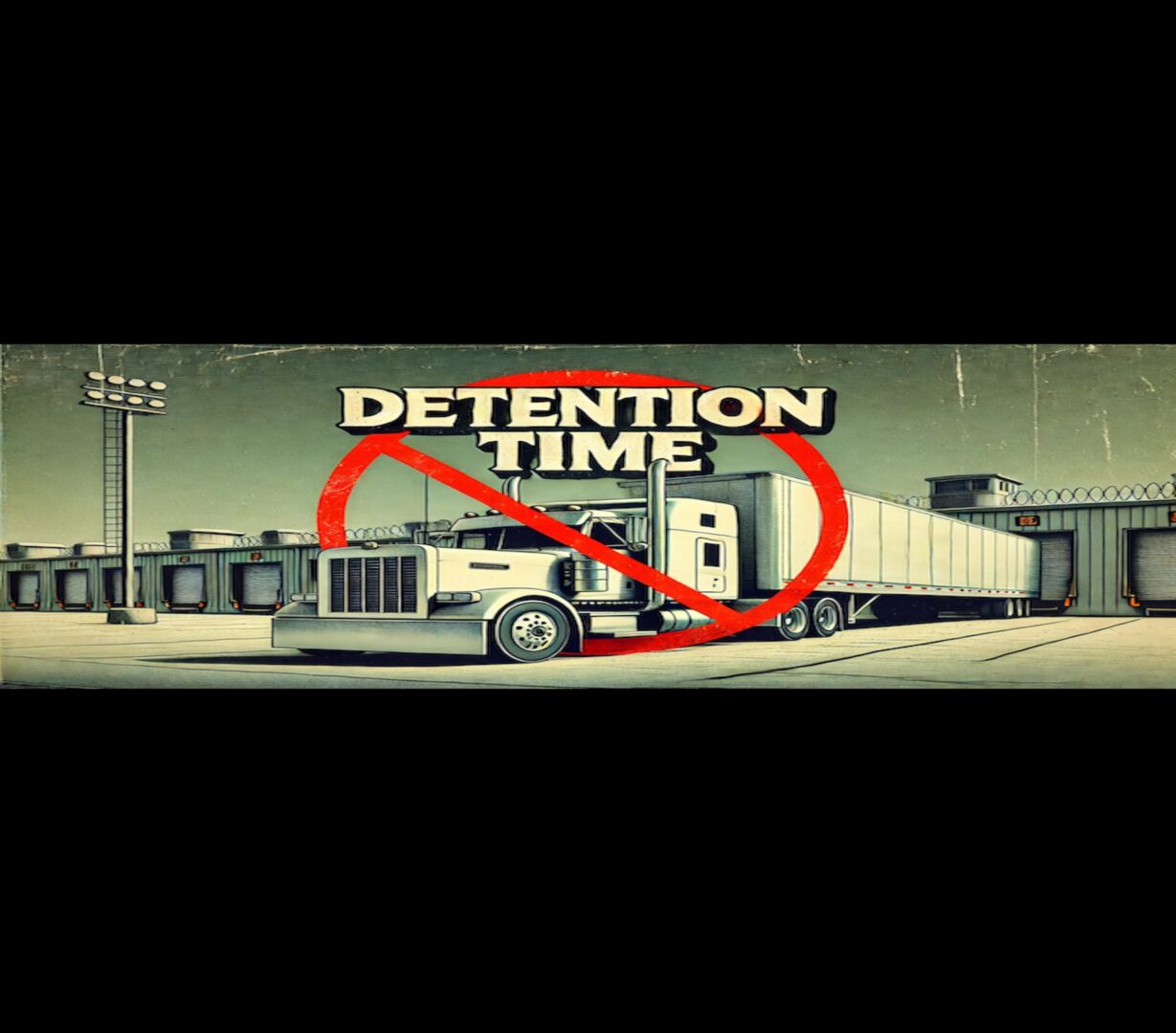
What would you advise – going all in on your strengths or investing on areas where you aren’t as strong to be more well-rounded?
This is an excellent question, and I feel has a lot of “if / then’s” in my answer.
If a weakness shows itself often, and is a core value or trait such as integrity, emotional intelligence, understanding and controlling limiting beliefs/neuroplasticity, or similar, invest heavily in improving those weaknesses. The why here is that there are core competencies that we must possess to make life and leadership as fruitful and frictionless as we can. There are not that many, but they prove difficult at times.
Outside of those, especially if you are looking to build a team for any reason, definitely go all in on your strengths and add team members who are exponentially better than you in your weak areas. Why? Because I’ve learned the hard way that thinking we must get great at everything is a limiting belief that holds us back as it would take us years to get good at all the things we need to in order to grow fruit in our endeavors.
I started in business thinking that I had to learn it to be able to hire and teach it. Dead wrong. I needed to hire someone that already could run circles around me doing it. Once I learned that, so much changed.
Contact Info:
- Website: https://www.spotontms.com
- Linkedin: https://www.linkedin.com/in/endtheliveload2025
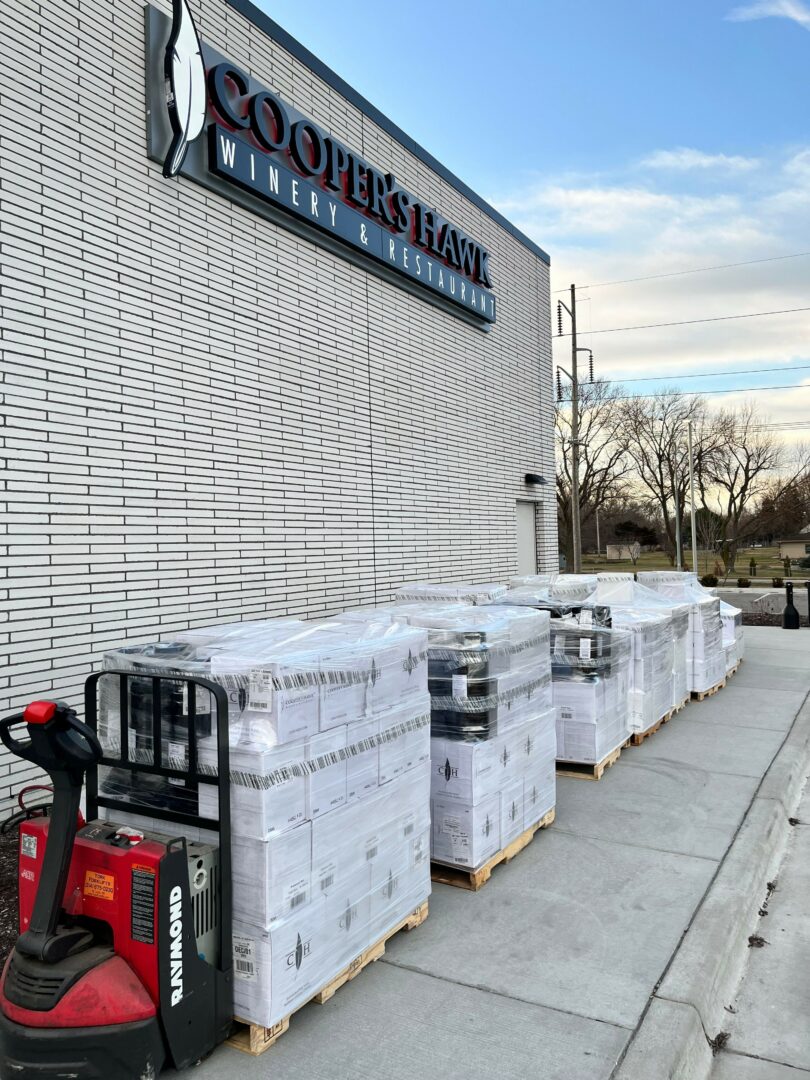
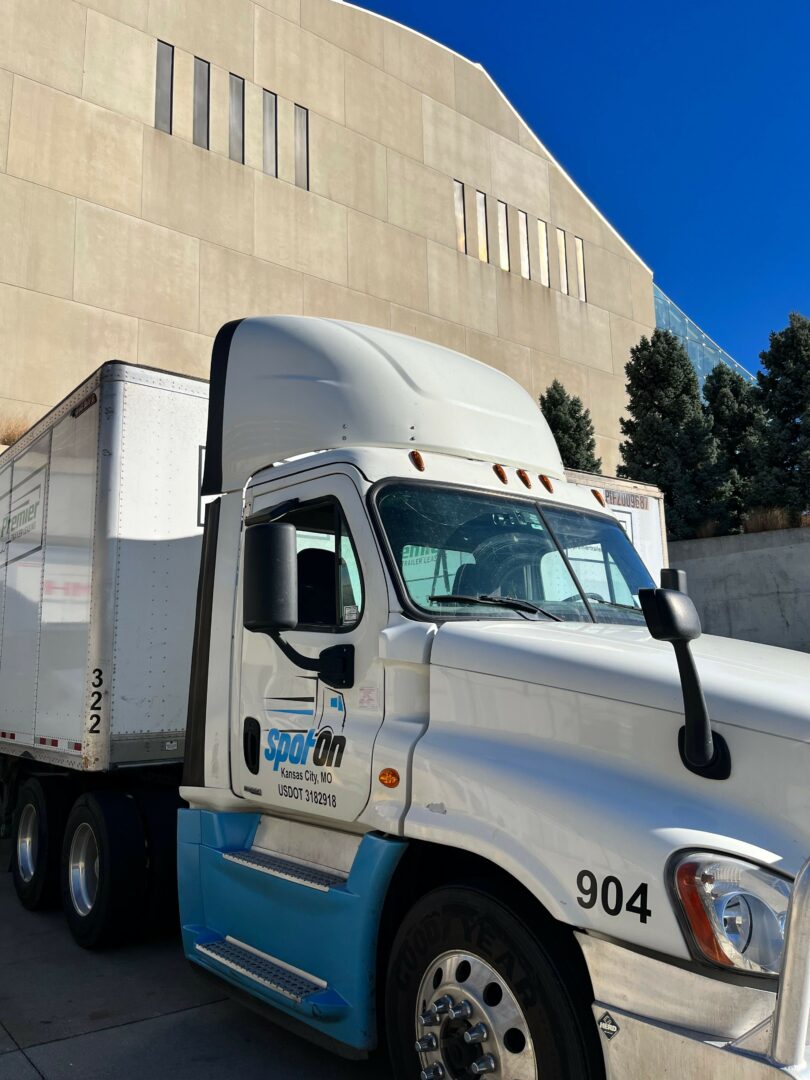
Image Credits
All images owned by myself, Blake Lappan
so if you or someone you know deserves recognition please let us know here.

